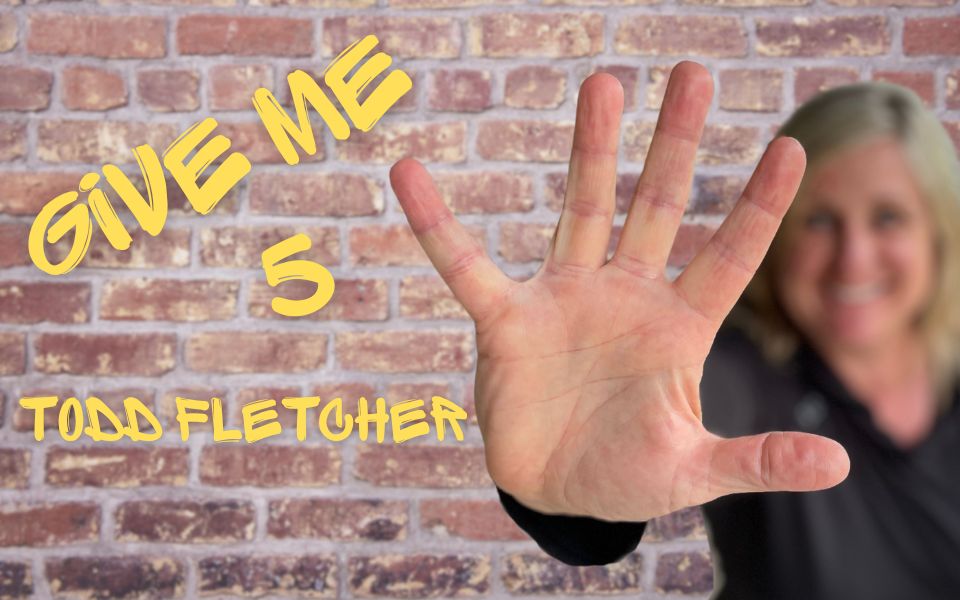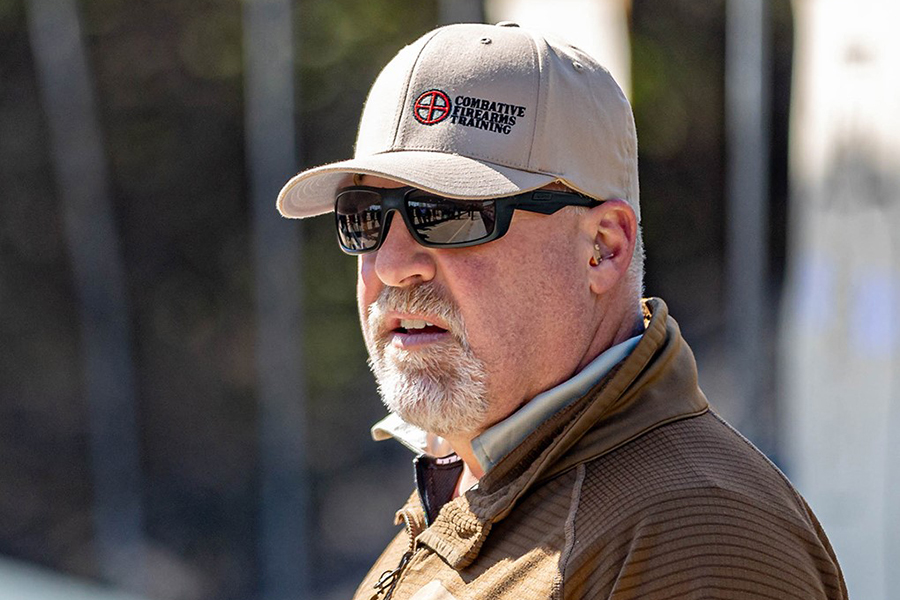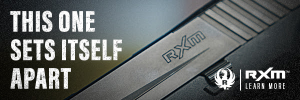
Todd Fletcher is a multi-disciplined firearms trainer, writer and competitive shooter Todd Fletcher. He’s the owner of Combative Firearms Training and an IDPA and USPSA competitive shooter.
1. We want to know more about you. Please give us a glimpse into your journey with firearms.
I have over 30 years of law enforcement experience, including more than 27 years as a firearms instructor. Along with my wife, Chrystal, we own Combative Firearms Training which provides instructor training to law enforcement, private security, and military instructors. I serve on the International Law Enforcement Educators and Trainers Association (ILEETA) advisory board and was awarded the 2022 ILEETA trainer of the year annual award recognizing a trainer who has gone above and beyond to promote the cause of training and enhance the competence and confidence of the officers they train. I am a regular writer and contributor to the ILEETA Journal, Police1, and American Police Beat magazine.
2. What two pieces of advice would you give someone interested in learning how to shoot or purchase their first firearm?
First, take classes from good instructors that match your skill/experience level. There are a lot of instructors, but there are only some really good instructors who genuinely care about your learning experience. Ask questions about their continued professional development, how they apply adult learning principles and the professional organizations they belong to. If they can’t answer each of these questions, they are probably a hobby firearm instructor as opposed to a professional. This doesn’t make them bad, but if you’re going to spend your valuable time and money training to protect your life and the lives of your loved ones, a professional firearm instructor is more likely to provide you with a quality learning experience.

Second, no amount of money spent on the latest and greatest equipment will ever surpass the value of quality training. A quality pistol, magazines, holster, and magazine pouches, along with a regular supply of dependable training ammunition, will provide more security and confidence than a new gun every other month. You don’t need to spend $2,000 on a pistol. A $700 pistol, $600 of ammunition, and $700 on training will go a lot further in developing skills.
3. What is your favorite piece of firearm-related equipment that you own? Why do you like it?
A shot timer. It doesn’t even matter what brand or model. Shot timers that can be programmed with multiple par times are great. Using a shot timer during live- or dry-fire practice sessions provides an objective way to measure improvement. Without a shot timer, practice sessions are just punching holes in paper without having a standard to measure your performance against.
Shot timers give you the ability to practice a wide variety of skills under time duress: draws, reloads, target transitions, weapon transitions, movement, and more can all be measured to see where your skills are improving, what have plateaued, and which need additional focus.
4. What was something someone told you (or that you read) that significantly influenced your life?
One of my mentors, Mike Boyle, once told me the training culture and environment set by firearms instructors are more important than the material they present. At the time, I didn’t understand what he meant, but over the years, I have seen how good instructors set a positive training culture that is supportive, encouraging, and fun. At the same time, good instructors are constantly getting their students to push themselves to reach higher levels of performance. Failing safely in these environments is used to learn and provides a goal for students to attain.
Conversely, I’ve seen how instructors who yell at students as if they’re in basic training cause students to shut down and simply “get through” class. Too many instructors demean, embarrass, or belittle students. I’ve seen this in law enforcement and armed citizen classes. It’s not unique to wearing a uniform. It goes back to adult learning. If an instructor is simply yelling to be yelling, find an instructor who knows how to teach adults to reach their best potential. Don’t waste your time or money on someone who doesn’t care enough about you to continue their own professional development.
5. What do you wish you knew about getting involved with firearms right from the beginning of your journey?
I wish I knew how getting involved in USPSA, IDPA, and other types of match shooting would improve my shooting skills. Especially as a novice shooter, your local club and members really want you to be involved in their matches. You learn a lot about your gear, how to perform under time duress, how to make accurate shots on target from awkward angles, and which skills to focus on during your practice sessions.
It can be scary to take the initial leap into shooting a match but remember; everyone was new once. Most club members want you to succeed and return month after month. Later, you can get involved further by being a range/safety officer, designing stages, or serving on the club board. It’s a great way to meet new friends, share a common hobby, and improve your skills at the same time.


I don’t know much about Mr. Fletcher as I was just exposed to him when I recently joined LinkedIn. From everything I can gather, he is what all professional firearms trainers should strive to be. One thing I know for sure, he has vast experience training students. This in no way means an instructor with less experience isn’t good, but experience builds confidence and students can tell.
Thank you for your comment. I’ve known Todd for many years and I do agree, he and his wife Crystal are both amazing people.
Todd is a pro without question. As a student of the gun he is still curious about performance, his performance, and raising the performance of his students. You chose a good one Michelle.
Thank you Lou Ann. I’m proud to call you both friends.